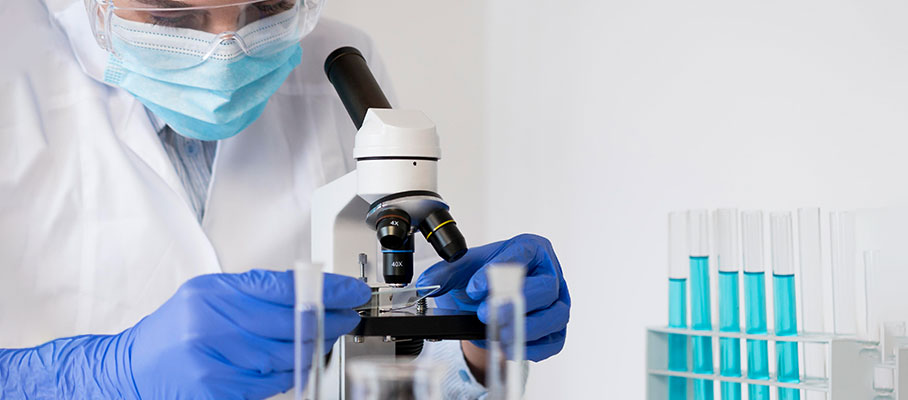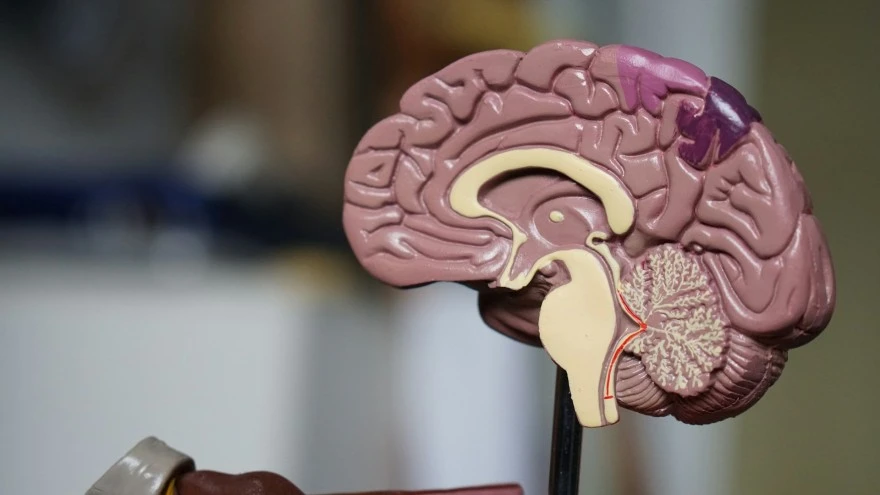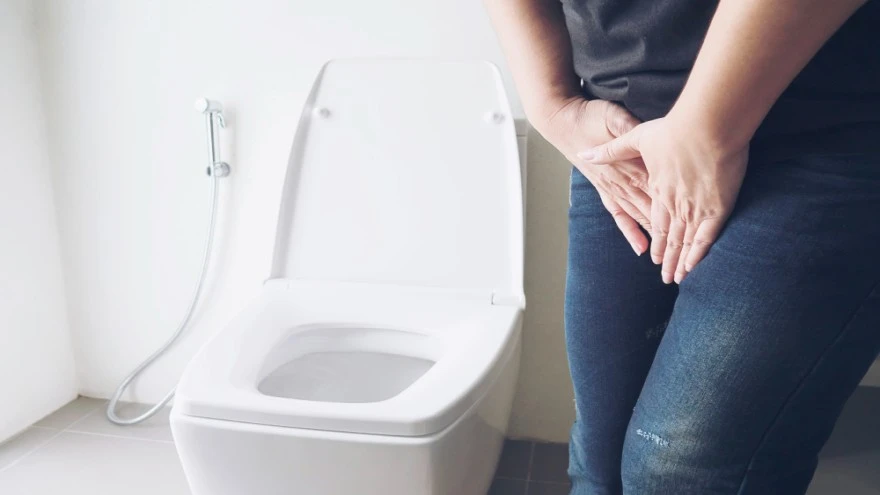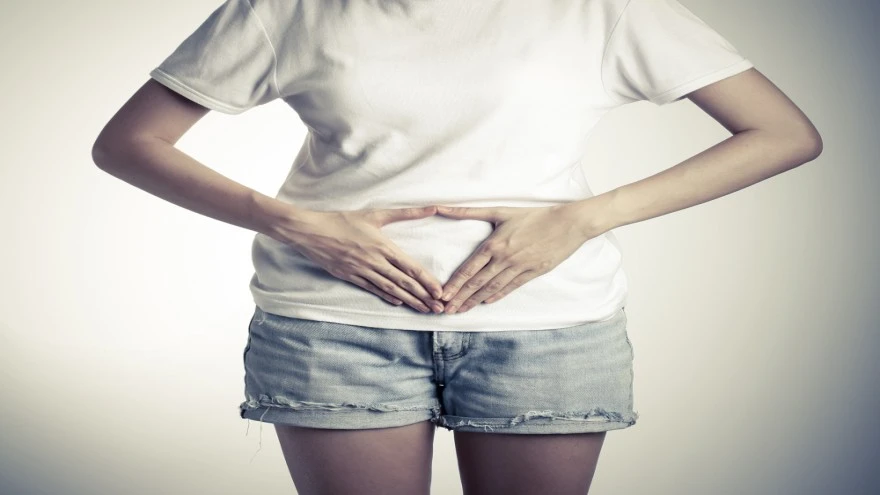Health Wellness
Antibody Test After COVID Vaccine: Making Sense of the Results

As more and more people are getting vaccinated against COVID-19 across the country and restrictions being relaxed, there has been a rise in the demand for COVID-19 antibody tests. Although antibody tests are typically taken after a person recovers from COVID-19, some people are now taking them prior to getting vaccinated, while some are getting the tests done after receiving the vaccination, to check the effectiveness of vaccines, and their potential against mutant viral strains.
You may also be tempted to take an antibody test to check out whether your COVID vaccine was successful or not. However, there are mixed thoughts by doctors on whether antibody testing after vaccination would offer you any benefit or not.
What is a COVID antibody test?
Diagnostic tests for COVID-19, such as polymerase chain reaction (PCR) can detect the viral genetic material present in the mucus and saliva whereas antibody tests, also known as serological tests can detect whether or not a person has been previously exposed to the virus or has recovered from the infection. It has been estimated that these antibodies typically can be found seven to 11 days after infection.
Antibody tests typically measure two proteins created by the immune system- IgG and IgM. They can aid in evaluating the level of protective immunity an individual may have. This, in turn, is prompting people to undergo antibody testing after COVID-19 vaccination.
How are antibody tests performed?
Antibody tests are performed by drawing a blood sample from an individual, which is examined in a laboratory to check if the antibodies to COVID-19 are present or not.
What an antibody test can and can’t signify?
A positive antibody test is a sign that your immune system has fought off the virus either recently or in the past whereas a negative result signifies that there were not sufficient antibodies in your blood to diagnose an earlier COVID-19 infection or exposure.
Food and Drug Administration (FDA) suggests that currently authorized SARS-CoV-2 antibody tests should not be used to determine a person’s level of immunity or protection from COVID-19 at any time and particularly after the person has received a COVID-19 vaccination. It is debatable and warrants further studies to appraise how long antibodies stay around in an individual’s body after getting infected with the coronavirus, or how much protective immunity those antibodies can provide.
Investigators have suggested that the available COVID-19 vaccines target the SARS-CoV-2 spike protein, so unless the antibody test is checking for antibodies specific to that protein, the outcome of the test does not hold any specific benefit. On the contrary, the majority of laboratories usually test for anti-nucleocapsid antibodies, which are produced by natural infection rather than created by the vaccine.
Metropolis COVIPROTECT test looks for anti-SARS-CoV2 spike proteins specifically. Book here.
FDA recommendations regarding antibody testing
If you have not been vaccinated:
- A positive result from an antibody test does not specify that you have a specific amount of immunity or protection from SARS-CoV-2 infection
- If your lab test shows a positive test result on a SARS-CoV-2 antibody test, it may suggest that you were previously infected with the SARS-CoV-2 virus
Always talk to your doctor about the meaning of your SARS-CoV-2 antibody test results.
If you have been vaccinated:
- If you have a positive result on a SARS-CoV-2 antibody test, possibility is that you may have been previously infected with SARS-CoV-2
- A COVID-19 vaccination may also lead to a positive antibody test result for few but not all antibody tests
- However, you should not deduce the results of your positive SARS-CoV-2 antibody test as a sign of a specific level of immunity or protection from SARS-CoV-2 infection
Talk to your doctor if you have queries about whether an antibody test is the correct test for you.
Possible Risks of Inappropriately Using SARS-CoV-2 Antibody Test Results
Currently authorized SARS-CoV-2 antibody tests results should not be used to calculate an individual’s level of immunity or protection from COVID-19 infection.
If you misinterpret the results of the antibody test as an indication of a particular level of immunity or protection from SARS-CoV-2 infection, it increases the risk that you may get careless and take fewer precautions against SARS-CoV-2 exposure. This negligence in turn, can increase your risk of acquiring and subsequently unknowingly spreading the COVID-19 infection.
Bottom line
Antibody tests are an appropriate tool to check if you have been previously infected with coronavirus as many patients are recorded as asymptomatic.
However, if you take COVID-19 vaccinations, these tests may not always be advantageous in measuring your body’s immune response and or protection. This is particularly true for patients with compromised immune systems.
Research is undergoing to evaluate who is at risk for a low antibody response and how these issues can be improved upon.
Still, COVID vaccination is your biggest weapon against the possible third wave of pandemic. Make sure you get your jab and keep following all precautions at all times.


























